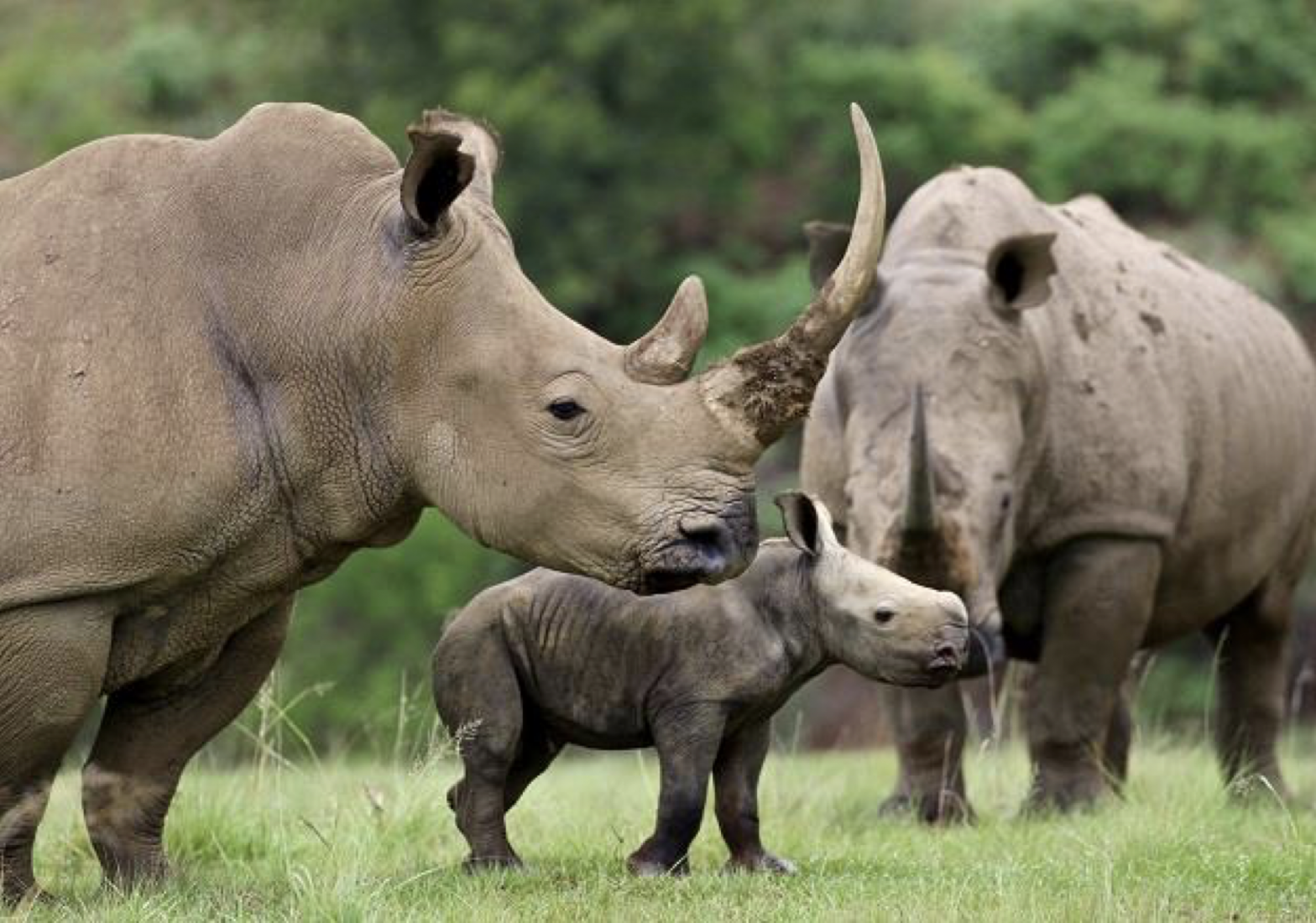By Tanya Jacobsen. Originally published on RhinoAlive.com. Rhinos throughout South Africa are being brutally killed for their horns. In this article, I would like to focus on some of the positive contributions by the private (non-governmental) sector and the trials and tribulations that they face in trying to keep rhinos safe. This article follows our… Continue reading Rah-rah for rhino reserves!
Rah-rah for rhino reserves!


